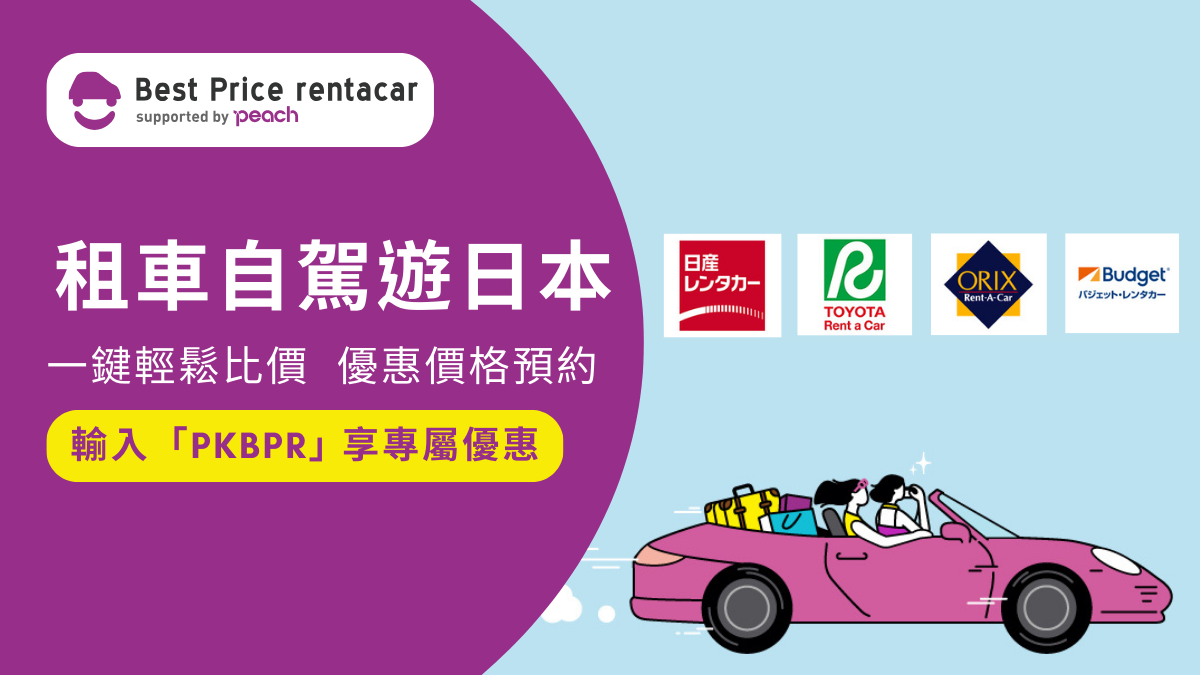close
The recent saturation of media coverage about alleged unfair pricing of imported vehicles has thrown China’s auto industry into the maelstrom of an ongoing anti-monopoly campaign in the country.存倉It all started with an article published by the Xinhua news agency last month, exposing appalling price gaps between foreign cars sold abroad and those sold in China. In extreme cases, the prices were double or even triple here, and carmakers were portrayed as profiteers.A few weeks later, another report said the China Automobile Dealers Association has been investigating whether carmakers have been setting minimum sticker prices for dealers on behalf of the National Development and Reform Commission since last year.In response to that, Xu Kunlin, head of the commission’s Price Supervision and Anti-Monopoly Bureau, said its next anti-trust investigations may include a range of consumer-related industries, like gasoline, communications, vehicles and banking.Though pharmaceutical and milk powder companies have already been fined and publicly chastised for monopoly practices, market observers said the development and reform commission may not be so willing to wield such a big stick over the auto industry. After all, it is one of China’s economic pillars, and its problems are deeply rooted in game rules set by the government itself.Since the implementation of a regulation related to automobile brand sales in China in 2005, all imported cars must be channeled through their company’s general distributor in China. That means the general distributor, often a trading company迷你倉established by the brand, naturally holds a stronger position than other dealers in pricing, said Su Hui, deputy director of the Auto Market Branch at the China Automobile Dealers Association.But that alone is far from enough to lay a charge of “vertical monopoly.”Earlier this month, when Johnson & Johnson became the first foreign company to be fined for such practices in China, the court said not all agreements involving the setting of minimum prices are illegal but ruled that Johnson & Johnson was aiming to control prices in an uncompetitive market.In the case of carmakers, minimum prices are often set to protect the image of car brands, and, more often, to prevent vicious price wars among dealerships, said Ye Sheng, auto research director at market research firm Ipsos.He added that the price gap between cars sold in China and the same cars sold overseas is not ludicrous because taxes and distributions costs for cars are much higher in China.“A 25 percent profit margin would be very reasonable for this industry, but many companies haven’t reached that level yet,” he said.In fact, the last time China slapped sanctions on imported cars was in 2011, when the Ministry of Commerce imposed anti-subsidy and anti-dumping taxes on sedans and sports utility vehicles of 2.5 liters or more displacement if they originated in the United States.It’s possible, as insiders suggests, that there is really no official investigation targeting vehicle pricing in China, and the press is simply jumping on the anti-trust bandwagon with vague speculation. 自存倉
全站熱搜


 留言列表
留言列表


